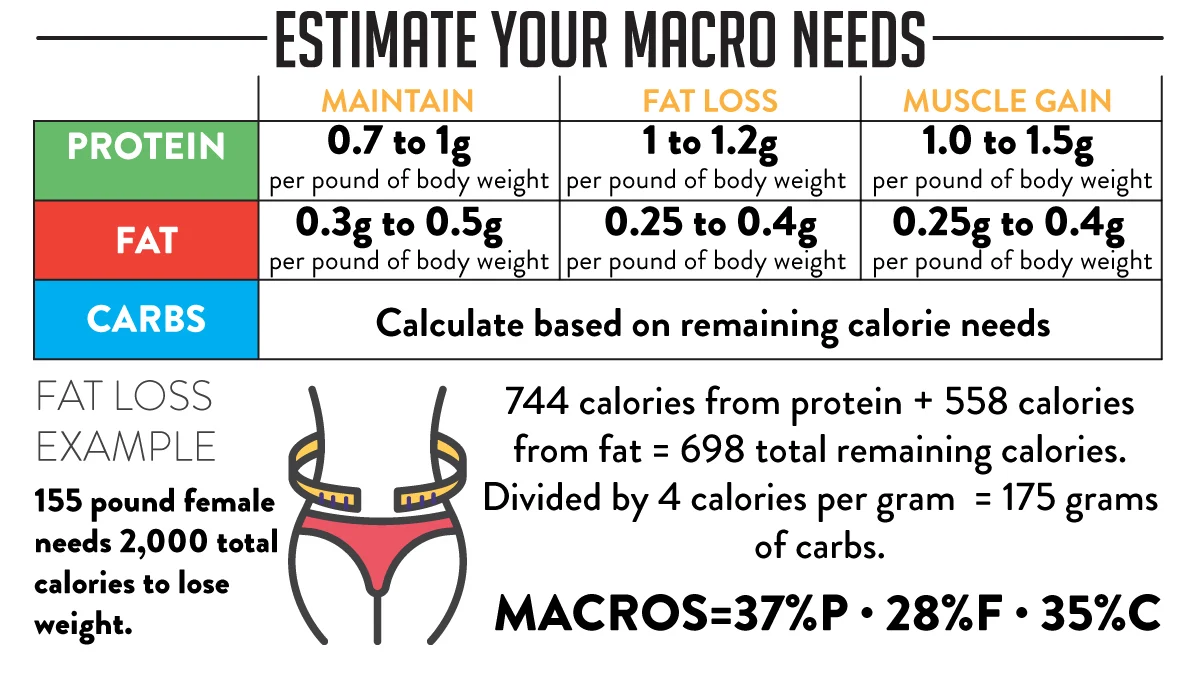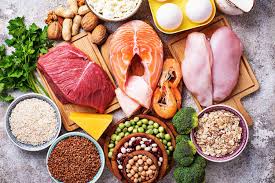The relationship between protein intake and weight loss is one of the most discussed topics in modern nutrition. As people seek to maintain a healthy lifestyle, understanding how protein plays a role in shedding pounds has become more critical than ever. With questions like "How much protein should I eat to lose weight?" or "How much protein do I need to build muscle?" Protein, an essential macronutrient, not only helps with muscle repair and building but also supports weight loss in ways many may not fully understand. From the history of protein consumption in diets to the current trends of protein powders, protein bars, and collagen peptides, this article will break down the science behind protein and how it can aid in weight loss. Follow us here at Gen Z Animal Beanbag
What is Protein?
Protein is a fundamental building block of life. It is composed of amino acids, which are necessary for various bodily functions such as tissue repair, enzyme production, and immune system regulation. When you consume foods rich in protein—whether it’s chicken, salmon, eggs, or plant-based sources like vegan protein powder—the body breaks it down into amino acids to fuel these critical processes. From traditional diets to modern nutrition science, protein has been recognized for its ability to enhance body function and health. How much protein is in common foods? For instance, how much protein is in a chicken breast? It typically contains around 32 grams of protein per 100 grams. Similarly, you might wonder about the protein in other everyday foods, like how much protein is in 2 eggs? Two large eggs can provide you with about 12 grams of protein.
Related: Why Fitness Bootcamps Are the New Luxury Vacation for Gen Z
Related:
Gen Z Chin Ups vs. Pull-Ups: The Difference, The Benefits & Muscles Worked
How Much Protein Per Day to Lose Weight?

When it comes to weight loss, the right amount of protein intake is crucial. But how much protein should you eat to lose weight? The recommended protein intake depends on several factors, including your weight, activity level, and overall health goals. Generally, a good starting point for weight loss is to consume about 1.6 to 2.2 grams of protein per kilogram of body weight per day. This translates to around 30-35% of your daily calorie intake coming from protein sources, which could include lean meats, seafood, eggs, and even plant-based alternatives. For instance, how much protein is in shrimp? Shrimp is an excellent low-calorie, high-protein option, providing around 24 grams of protein per 100 grams.
What Are the Benefits of Protein in Weight Loss?
Protein is more than just a macronutrient for building muscles; it’s also an essential tool for weight loss. But why is it so effective? The answer lies in its ability to promote feelings of fullness, preserve lean body mass during calorie restriction, and increase the body’s energy expenditure. Additionally, unlike carbohydrates and fats, protein is harder for the body to convert into stored fat, making it less likely to contribute to weight gain when consumed in appropriate amounts. Whether you're drinking protein shakes, incorporating more protein bars into your diet, or opting for meals rich in protein like salmon or eggs, the benefits of high-protein diets for weight loss are undeniable.
Protein Helps You Feel Full Longer
One of the most significant benefits of protein in weight loss is its ability to make you feel fuller for longer periods. Protein slows the emptying of your stomach, which leads to prolonged satiety. This means you are less likely to reach for snacks or overeat throughout the day. If you've ever had a Fairlife protein shake or a high-protein meal like grilled chicken breast, you’ve likely noticed that you didn’t feel the need to eat again for hours. Incorporating foods with substantial protein content, like eggs (how much protein in an egg? About 6 grams per large egg), into your diet can help you control hunger and reduce calorie intake, both of which are essential for weight loss.
Protein Preserves Lean Body Mass
When you're losing weight, your goal isn't just to shed fat but also to preserve lean body mass (muscle). Consuming adequate amounts of protein helps ensure that the weight you're losing comes primarily from fat and not from muscle. This is particularly important when you’re on a calorie-restricted diet. Including protein-rich foods like protein powder (whey protein powder or vegan protein powder) in your daily routine ensures that your body has the necessary building blocks to maintain muscle tissue. For example, adding vital proteins and collagen peptides to your smoothies or meals can further support muscle and joint health while you lose weight.
Protein Increases the Thermic Effect of Food
The thermic effect of food (TEF) refers to the number of calories your body uses to digest, absorb, and process nutrients. Protein has a higher thermic effect than carbohydrates or fats, meaning your body burns more calories breaking down protein. This makes high-protein diets more effective for weight loss. For instance, after eating a meal with a high-protein food like salmon (how much protein in salmon? Approximately 25 grams per 100 grams), your body will use more energy to digest it compared to a meal rich in fats or carbs. This increased calorie burn can contribute to overall fat loss.
Protein is Hard to Store as Body Fat
Compared to fats and carbohydrates, protein is less likely to be stored as body fat when consumed in excess. This is because the body prioritizes using protein for various functions, such as repairing tissues and supporting metabolism, rather than converting it into fat. How much protein do you need to build muscle or lose weight without adding fat? Sticking to high-quality protein sources, such as eggs (how much protein in one egg? 6 grams), shrimp, and protein bars, can help you achieve your goals without the risk of significant fat storage. Additionally, mass gainer supplements can be used to support muscle growth in a controlled way, especially when combined with a high-protein diet.
Summary
Protein plays a vital role in both weight loss and overall health. By helping you feel full longer, preserving lean body mass, increasing calorie expenditure through the thermic effect of food, and being difficult to store as body fat, protein is a crucial macronutrient for anyone looking to lose weight. Whether you're incorporating how much protein in a banana (1.3 grams) as a snack or relying on protein shakes, collagen peptides, or protein bars for added protein, it’s important to tailor your intake to your specific needs. With current trends showing an increased focus on high-protein diets, from protein powders to protein almond milk, it’s clear that protein will continue to be at the forefront of weight loss strategies in the future. The key is finding the right balance, and understanding how much protein per day you need can help you achieve lasting weight loss results.
